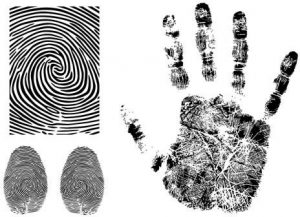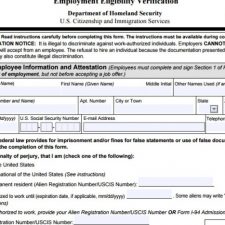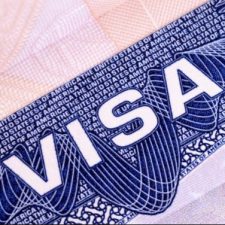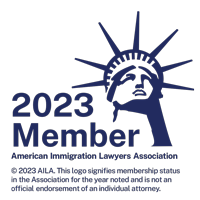STARTING MARCH 11, 2019 – SPOUSES AND CHILDREN OF NONIMMIGRANT WORKERS MUST BE FINGERPRINTED!
USCIS has revised Form I-539, Application to Extend/Change Nonimmigrant Status. Starting on March 11, 2019 USCIS will only accept this version of the form. This new form brings with it new rules for the applicants that are applying to extend or change their status. The following are a list of some of these new rules:
- EVERY co-applicant of the primary I-539 applicant must submit and sign a separate I-539A. Parents or
guardians may sign on behalf of children under 14.
- EVERY applicant or co-applicant must pay the $85 biometric fee (with limited exceptions).
- EVERY applicant and co-applicant will receive a biometric services appointment notice, regardless of age, containing their individual receipt number. All applicants and co-applicants will have their biometrics scheduled at the same location. If you want to have a different location then you must file a separate I-539.
What do these changes mean to you? The biggest change is the need for all applicants and co-applicants to pay for and attend biometrics appointments (i.e. get fingerprinted). This will cause significant delays in the processing of these applications. In addition, it will eliminate the benefit of premium processing given to the spouses and children attached to primary I-129 petitions. For example, if your spouse is applying using premium processing for an extension of his/her H-1b status, and you must file also as his/her dependent, then you will not be able to take advantage of the expedited process because you will have to wait to attend a biometrics appointment before being approved. This new process will cause extensive delays in the adjudication of these applications because while the primary applicant H-1b will be approved within 15 days, the spouse and children will likely have to wait months for their decision. Another hit to the professionals working hard in the United States in jobs that could not be filled by US citizens.


 guardians may sign on behalf of children under 14.
guardians may sign on behalf of children under 14.










